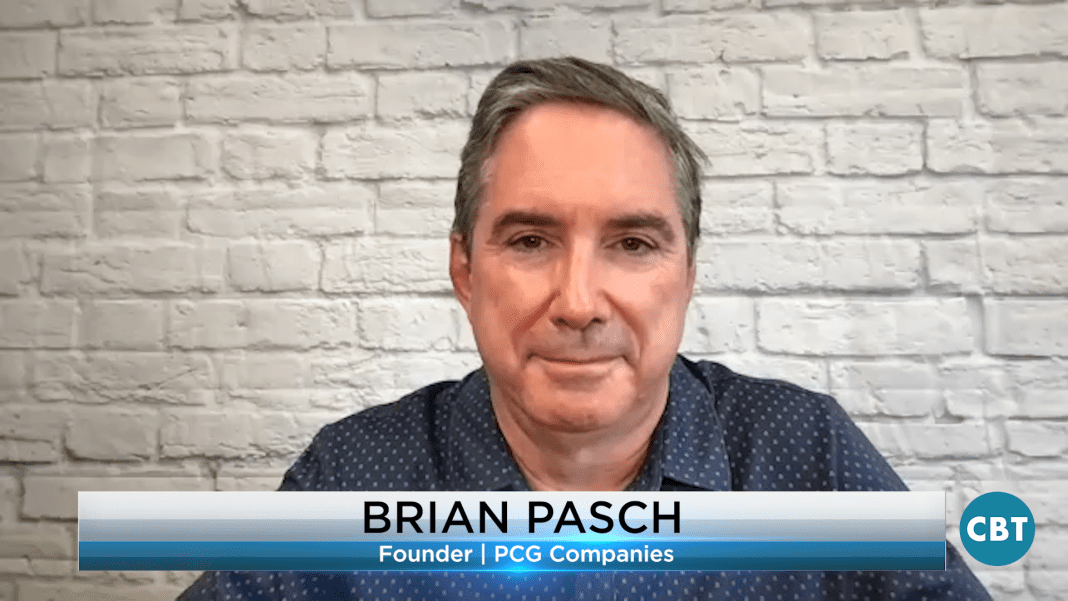Are Google results inflated? That’s the question Brian Pasch Enterprises has explored with its new BPE Report: Exposing the Outcomes of Google SEM Campaigns. Pasch joins the show today to discuss some surprising findings and unexpected outcomes from this latest study.
Google has managed to avoid a lot of scrutiny over the past 20 years in terms of advertising. Car dealers are constantly asking their marketing partners whether or not their advertising is effective. In light of this, Pasch believed that now was the time to sit back, look at the data, and come up with a new playbook for dealers to ensure their advertising strategies are working.
 Car dealers should understand that today, advertising and bidding for keywords, are all done automatically through machine learning. When Google is given an objective, the platform will figure out how to meet that objective by utilizing the placement of certain ads, keyword bidding, and more.
Car dealers should understand that today, advertising and bidding for keywords, are all done automatically through machine learning. When Google is given an objective, the platform will figure out how to meet that objective by utilizing the placement of certain ads, keyword bidding, and more.
The key revelation from BPE’s report is that for years car dealers have been feeding their phone calls back into Google as a way to optimize Google spend. According to the report, about 90% of all dollars spent on Google, are funded through the new and used car departments. Managers then expect Google to increase business for those departments. However, less than 15% of all the Google phone calls were for sales. The remaining 85% of calls were for parts and service.
| Related: How to analyze the effectiveness of your car dealership’s Google Ads campaigns |
If you’re feeding phone calls into Google’s vast bidding engine, now is the time to measure its effectiveness and find out what all the phone calls are about. Using this data, BPE is aiming to help dealers make slight changes to improve the quality of these phone calls. Ad campaigns that are optimized for phone calls, are not going to see a return from increased spend.
The onus is on retailers to tell Google what is a signal for a quality sales phone call, and to feed those calls back into the platform. Additionally, auto marketers need to layer in shopping actions as well. So,—how can car dealers accomplish this?
- Half of the service budget should party fund Google strategy.
- Stop optimizing phone calls for specific campaigns designed to sell cars.
- Using first-party data, and clean up marketing and data partnerships.
This is the first time Pasch is making specific recommendations that are different to the automotive marketing playbook that has been somewhat standardized.
These findings regarding Google SEM are sure to be a hot topic at this year’s Automotive Analytics & Attributions Summit. This year, the Summit will be held in Palm Beach, Florida this November 14-16. As a new feature, the day prior to the AAAS will be the CXO Summit, a new conference for C-suite executives of dealer groups with 10 stores or more. CXO will gather to discuss dealer group issues, like roll-up metrics, KPIs, digital retailing across a group, and used car inventory strategies. To learn more, click here.
Did you enjoy this podcast with Brian Pasch? Please share your thoughts, comments, or questions regarding this topic by submitting a letter to the editor here, or connect with us at newsroom@cbtnews.com.
Be sure to follow us on Facebook and Twitter to stay up to date or catch-up on all of our podcasts on demand.
While you’re here, don’t forget to subscribe to our email newsletter for all the latest auto industry news from CBT News.










